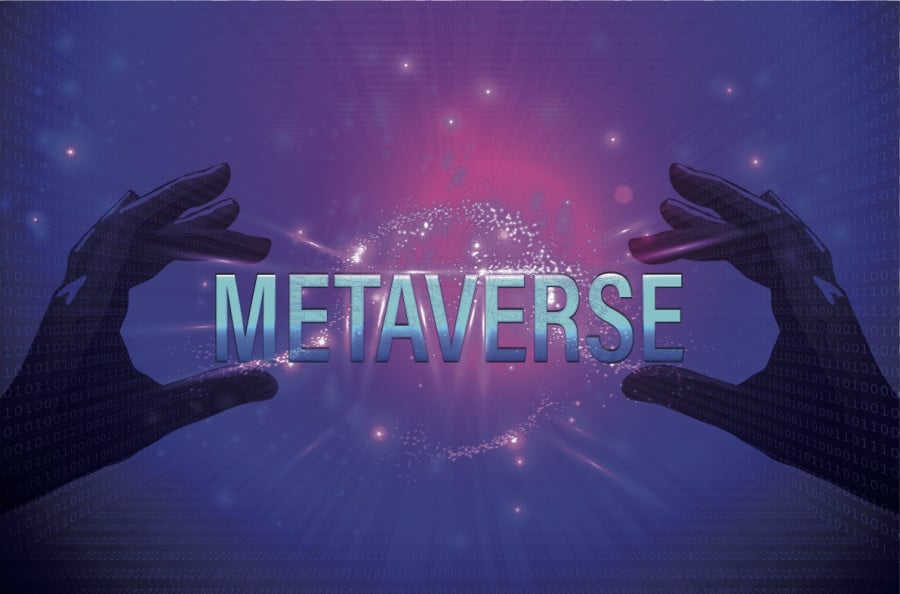Metaverses – A Brave New World for Sports Brands?

If you picture the seemingly limitless world of social media as a place for brands to promote themselves, metaverses may be viewed as the further merging of two spheres: gaming and digital communities.
The so-called ‘Web3’ revolution (see below) is opening up the world of marketing to a new generation of sports fan. For the Millennial and Gen Z generations in particular, video games, on-demand content and social media are core components of the entertainment sector. Young new audiences are now familiar with engaging in content in a variety of ways across numerous platforms. There are likely millions of traditional sports fans who have been converted to the ‘real’ sport by virtue of their PlayStation or Xbox, and vice versa. It has been the perfect marketing tool in many ways. Encouraged by the feeling of autonomy, this new category of sports fan has proliferated and sports brands and talent need to be ready, willing and able to welcome them in.
After a few false starts, sports, gaming and entertainment now look to be converging upon a new era: metaverses.
Given the dynamic nature and huge breadth of the topic, this article will seek to:
- provide a brief and current definition of metaverses;
- explain what opportunities there might be for sports brands, athletes, events and rightsholders; and
- set out how you might protect your sports business from any associated legal and commercial pitfalls.
To continue reading or watching login or register here
Already a member? Sign in
Get access to all of the expert analysis and commentary at LawInSport including articles, webinars, conference videos and podcast transcripts. Find out more here.
- Tags: Commercial Law | Football | Governance | Intellectual Property | Media Rights | Metaverse | NFT | Regulation | Trade Mark
Related Articles
- Cultivating Culture Through Commoditisation: Why NFTs Present An Unparalleled Opportunity For The Sports Sector
- Fan Tokens And The Sport Industry: Key Legal And Commercial Risks
- Advertising “cryptoassests” the right way - lessons from the Arsenal ASA ruling
- How To Launch An NFT – Key Tips For Sports Organisations
Written by
Matt Santer
Matt Santer is an Associate at DLA Piper.
He advises clients across the sports, entertainment and technology sectors and has extensive experience in noncontentious sporting, media, digital and entertainment matters.
Matt provides commercial and regulatory advice to global sporting events, sports governing bodies, sporting brands and media agencies.
He regularly advises on a wide range of commercial arrangements, including agreements relating to suppliers, sponsors, brand partners, intellectual property, data protection, advertising regulation, broadcasting and content production.
Matt is currently seconded to The All England Lawn Tennis Club (Wimbledon), advising on a wide range of commercial and intellectual property matters, as well as in relation to its ticketing integrity program throughout the course of The Championships.
He also advises London Marathon Events across all departments of the businesses, particularly in relation to their commercial operations. This includes advising on and drafting all documents related to their live sporting events, virtual events, brand and charity partners, social media campaigns and partners, data protection arrangements, event and brand acquisitions and headline sponsorship agreements.
Matt drafted and negotiated commercial agreements for UEFA in relation to the EURO 2020, including in respect of its hospitality and concessions operations for the tournament. Matt also regularly carries out commercial work for the World Marathon Majors, which has included drafting agreements in relation to technology suppliers and its other partners, as well as its participation, data protection and membership agreements.




